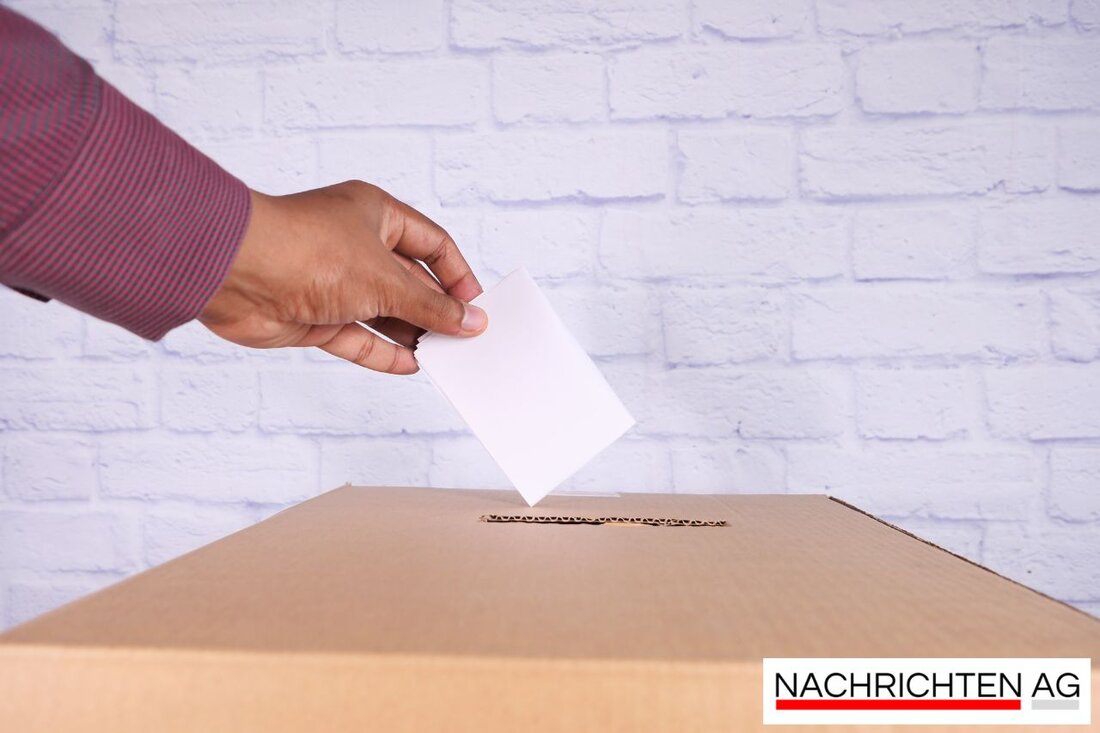Föhr and Amrum: New Year’s Eve without fireworks – real environmental protection!
From 2025 onwards, a ban on fireworks will apply in Föhr and Amrum to protect the environment and animals, decided by the authorities.

Föhr and Amrum: New Year’s Eve without fireworks – real environmental protection!
The tranquil island of Föhr is experiencing a significant change in New Year's Eve traditions: from December 31, 2025, the sale and use of category F2 fireworks, i.e. rockets and firecrackers, will be banned on the island. The retailers on Föhr decided this after the Föhr-Amrum office passed a comprehensive ban on fireworks in March 2025. Andreas Hansen, the office's spokesman, emphasizes that this ban was introduced in the spirit of protecting the environment and animals in the Wadden Sea UNESCO World Heritage Site. Only small and harmless New Year's Eve items, such as sparklers, may continue to be sold.
An additional ban expands the regulations: The official committee had already decided on March 13, 2025 that private New Year's Eve fireworks on Föhr will no longer be permitted all year round. The island is thus drawing clear boundaries for the use of fireworks - a step that not only influences the tradition of the festival, but also contributes to the sustainability strategy of the islands of Föhr and Amrum. The need to protect the environment and animals is clearly in the foreground here.
Focus on environmental and animal protection
The decision to ban is not just a local matter. There is currently a strong nationwide discussion about the circumstances surrounding fireworks. According to a survey by Statista, around 64% of Germans support a general ban on private fireworks displays to protect animals, the environment and people. Among the initiators of a petition for a nationwide ban are many who are campaigning for alternative celebrations - such as organized laser shows or drone shows. Such alternatives are intended to counteract the environmental impact of fine dust and toxic residues that are caused annually by New Year's Eve fireworks.
Fireworks are also notorious for causing stress and anxiety in animals. Around 8,000 injuries caused by fireworks are registered every year, often affecting children and young people. This makes the island of Föhr's decision to forgo traditional fireworks and instead celebrate more responsibly all the more important.
Future of New Year's Eve
With this decision, the island of Föhr shows a pioneering example of how cultural traditions can be adapted to the circumstances of our time. Avoiding rockets and firecrackers could not only have a positive effect on human-environment interaction, but could also serve as a role model for other regions. The local retailers on Föhr support the decision and are ready to explore new ways to make the celebrations more sustainable.
The ban not only reflects the desire for relaxation and protection of animals and nature, but also the need for a gentler, more respectful way of celebrating. A change in thinking is clearly evident here - especially in a region as fragile as the Wadden Sea, everyone must question their own behavior and help ensure that future generations can also experience the beauty of nature.
For the islands of Föhr and Amrum, this step not only symbolizes a restriction, but rather a responsible approach to the environment and a sign of sustainable celebrations. The course has been set for a quieter, more environmentally friendly New Year's Eve - and we can't wait to see how the traditions develop in the coming years.
For more information about the ban and the goals behind it, you can see the details at NDR read up on local news Island Radio Föhr be provided. Anyone interested in a Germany-wide discussion on the topic will find valuable information Change.org.

 Suche
Suche
 Mein Konto
Mein Konto